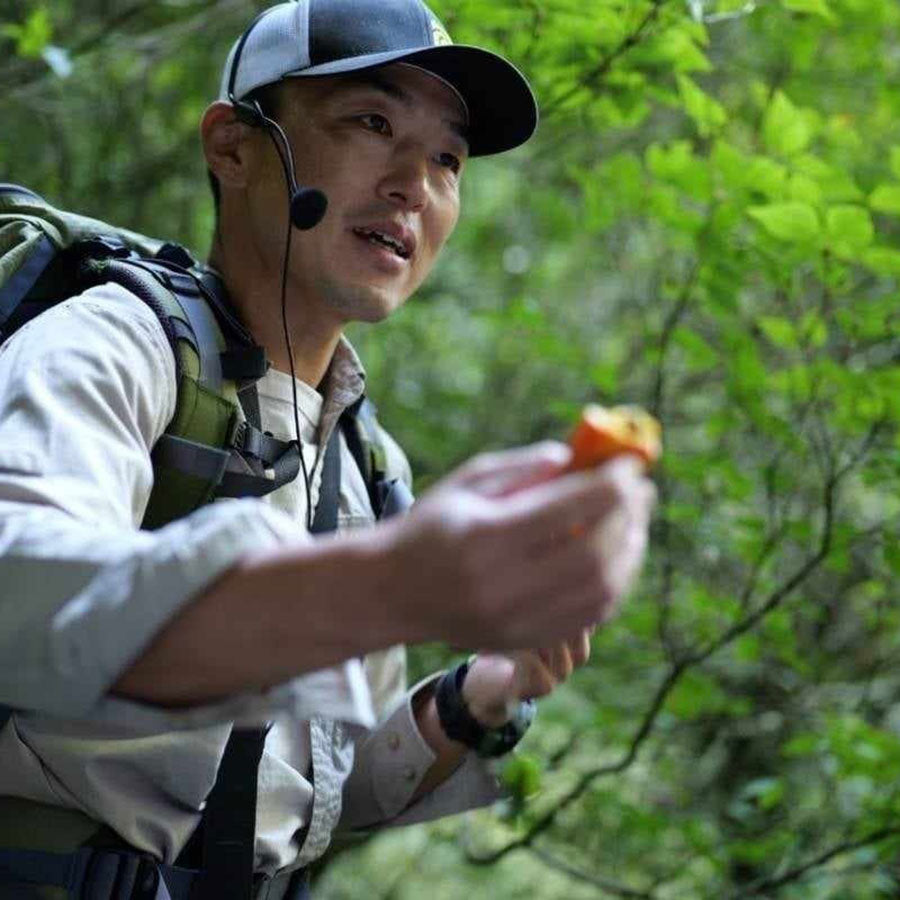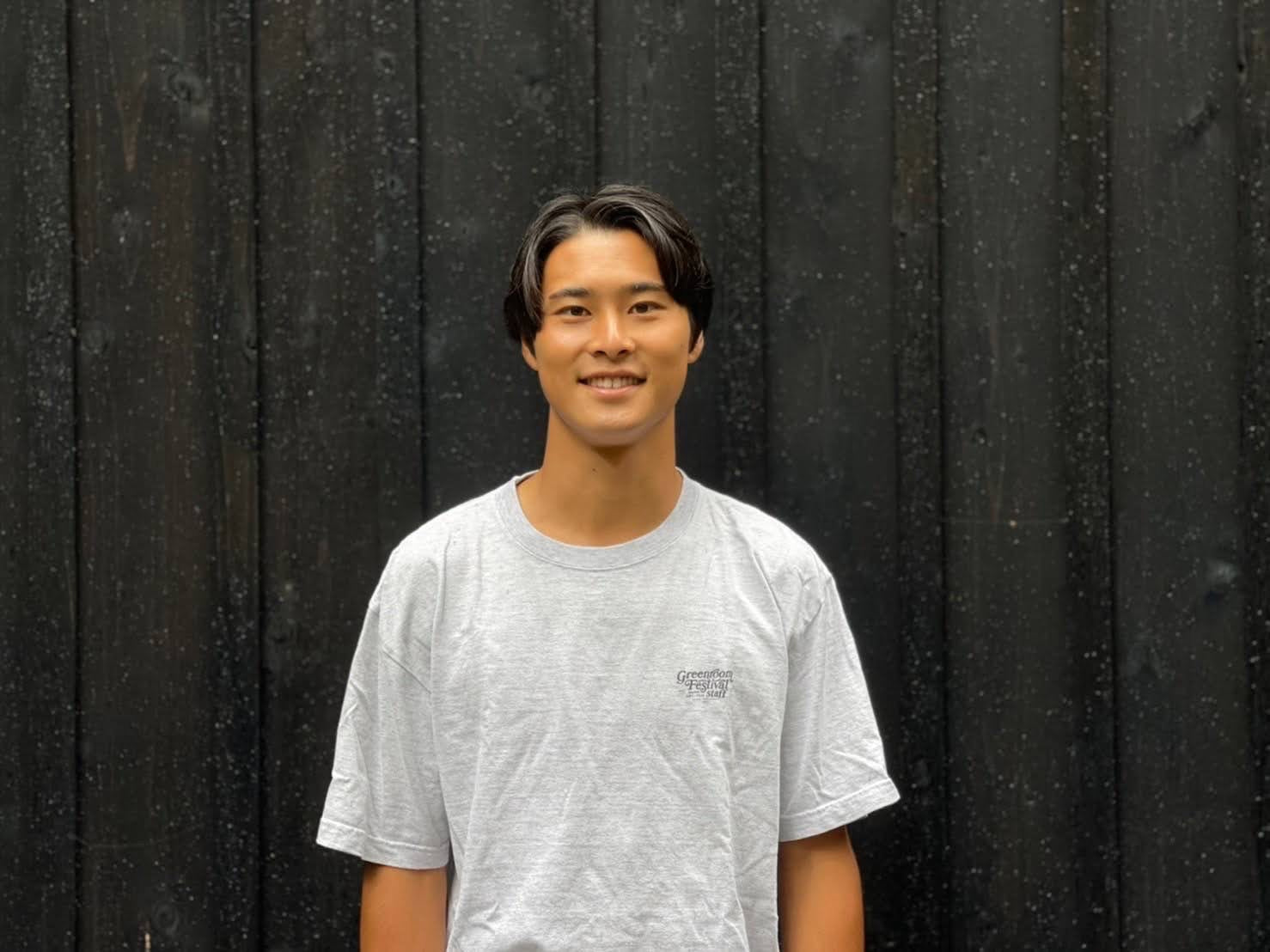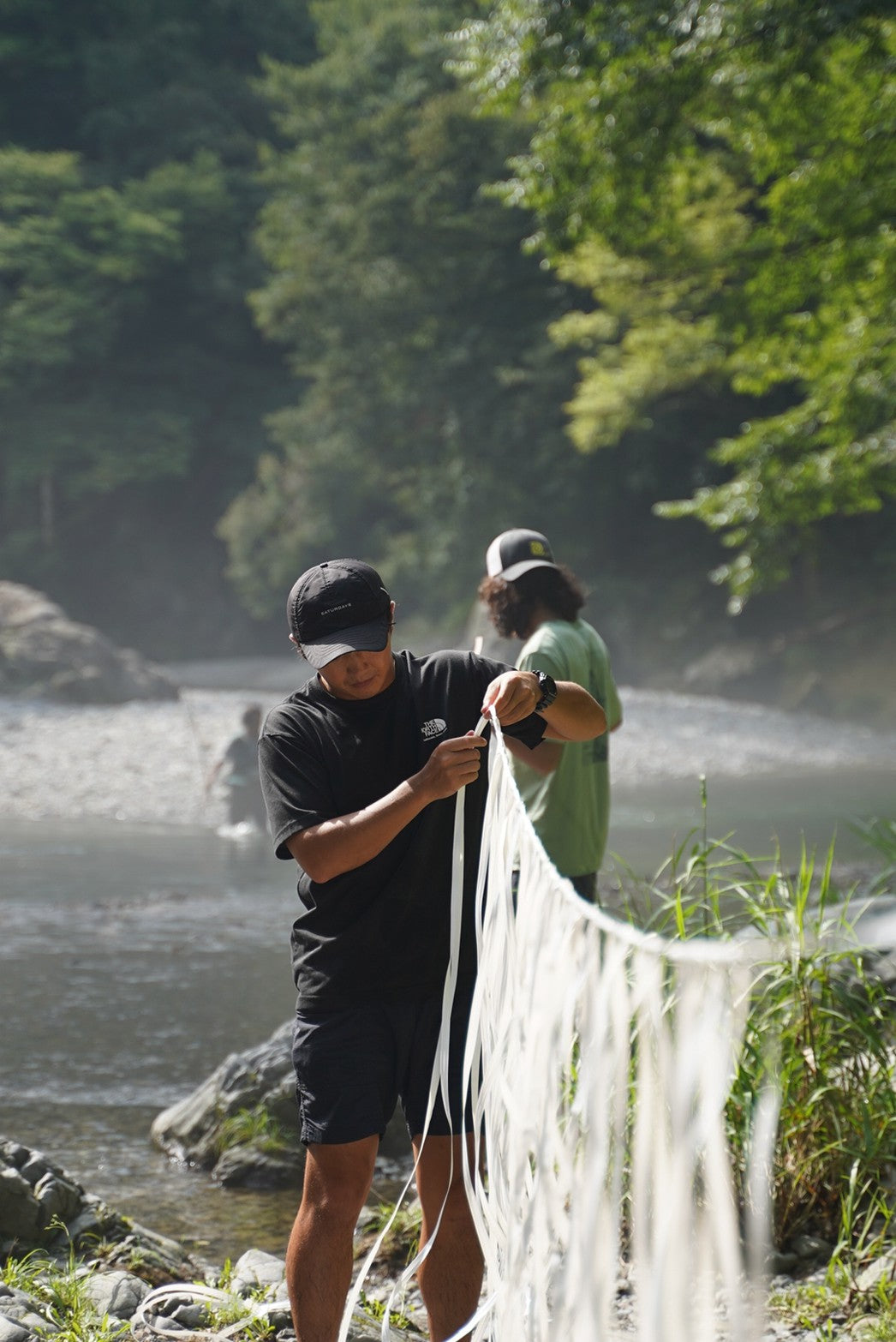
Tatsuya Morooka
Q: Since you are from Akiruno City, which is the base of the Tokyo Mountainside DMC, first of all, please tell us about the appeal of the Tokyo Mountainside.
The area where I was born and raised has strong connections with festivals and neighborhood associations, and I grew up under the watchful eye of the local people. Even now, my aunties sometimes say to me, ``Tacchan, you've grown so much,'' and give me oranges or roasted sweet potatoes. I feel that it is a good area where there is good communication.
I come from a hunting family, and my grandfather was a former chairman of the hunting club. When we returned home, deer and wild boar were sometimes on the table. When I was a child, I followed my grandfather and was taught the depth, fear, and beauty of nature, and the preciousness of life. The appeal of Tokyo Yamaside is that you can experience such learning on a daily basis while staying in Tokyo. Even in Tokyo, there is also Chichibu-Tama Kai National Park on the Tokyo side, and the nature is magnificent and shows a variety of scenery depending on the four seasons. A beautiful river called Akigawa Valley flows through it. Unlike the nearby Tamagawa River, there are not many deep waters, so it is easy for children to play and there are plenty of living creatures, so I would like families to enjoy it.
From a business perspective, I feel that there are not many original products in the city center. The nature that I had been looking for in rural areas now exists in Tokyo. Since it is close to the city center, many companies come to inspect it every day, and it is also used as a place for demonstration experiments by companies in the city center.
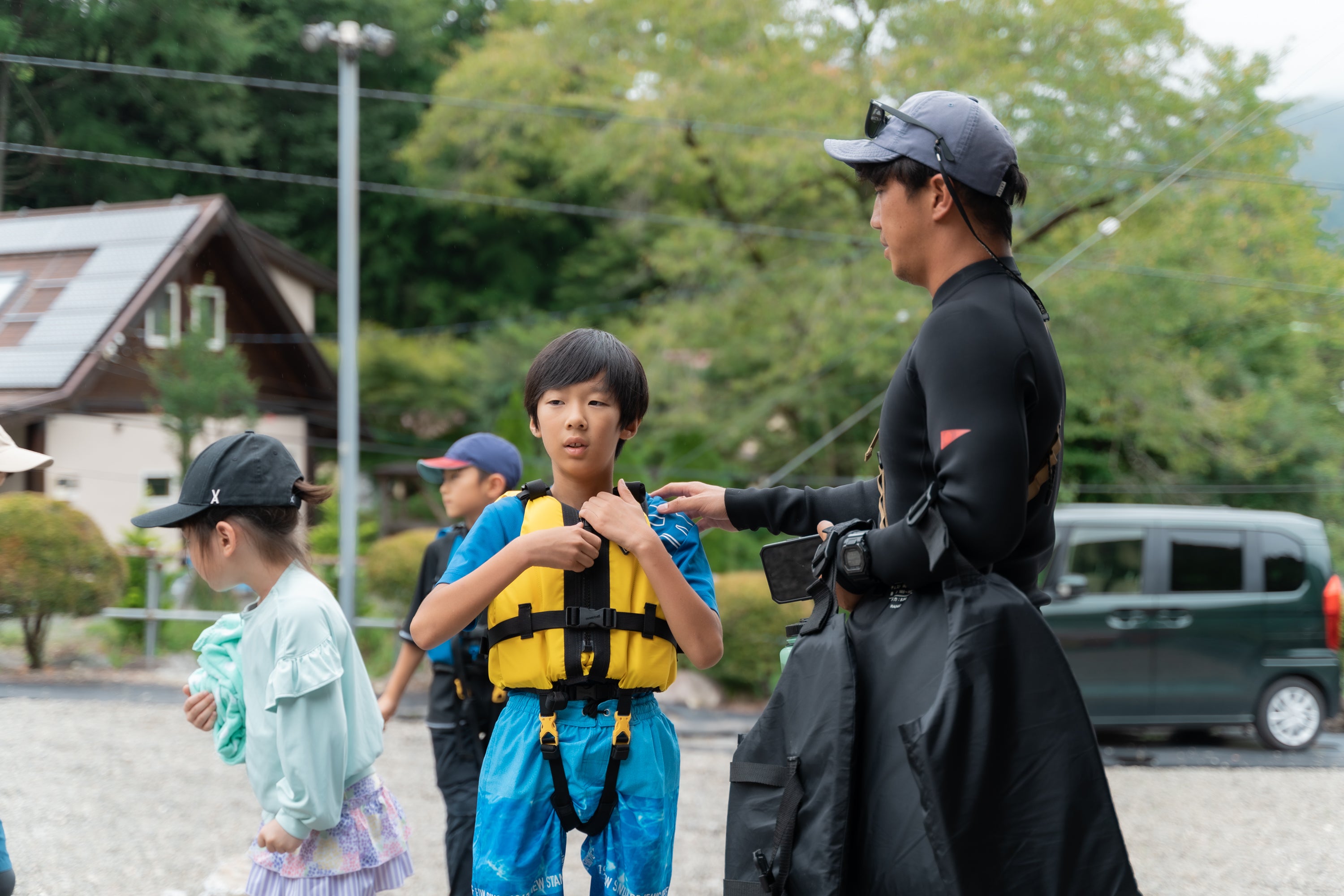
Q: The school is always thinking of and implementing new programs. Is there anything you value for the children who participate in the inquiry-based nature experience learning school?
What we value at our inquiry-based nature experience learning school is "Let's." I try to teach based on the international standards that I have learned. When it comes to Japan's natural environmental issues, there are many answers to "Don't." Regarding river issues, open fires and BBQs are prohibited. At that moment, I stop thinking.
However, for programs such as Leave No Trace, an environmental ethics program for enjoying the outdoors, the first word is "Let's." Then, consider what kind of ground surface would have the least impact.If you leave the charcoal as it is, it will flow to the sea, but if you burn it off with ash, it will turn into minerals. Of course, it's best to take it home with you, but you can learn to make decisions on the spot.
What we want children to feel is ``roots of motivation,'' ``self-affirmation,'' and ``compassion.'' We use an inquiry-based nature experience learning school to help children make these three things their own every day. We are facing each other.
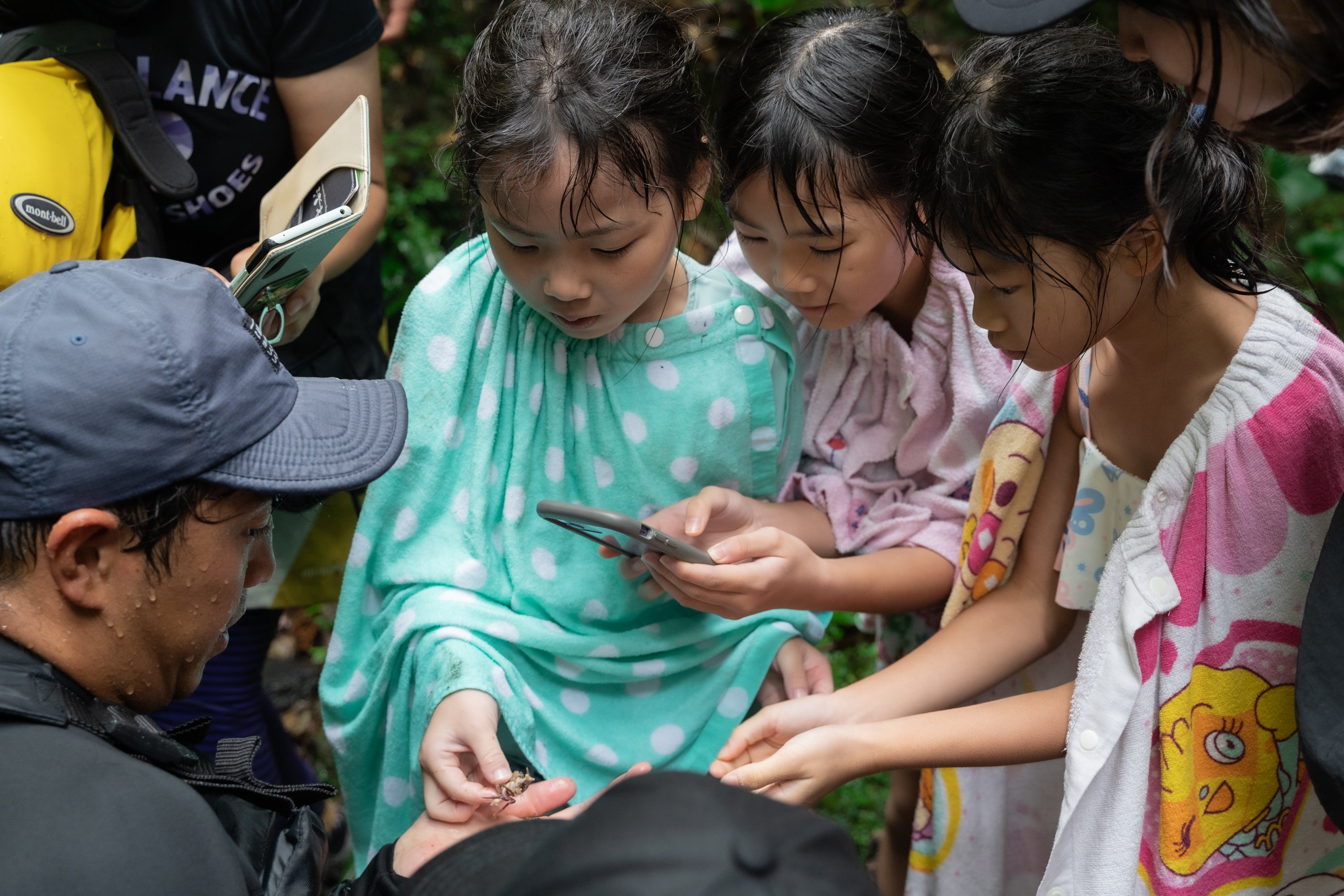
Q:新しい日本の産業と呼ばれるアドベンチャートラベルに東京山側は注力していきます。アドベンチャートラベル事業に対する期待やワクワクする部分を教えてください。
The Japanese way of thinking about nature, such as the sense of being in nature that I have learned since childhood, Japan's ancient mountain beliefs, and the Yaoyorozu God. People around the world can experience and learn about the history and culture of Japan, which is home to the world's richest geology. I find that appealing.
And it is no exaggeration to say that it is the only industry in Japan that is on the rise. Some people may get angry when I say this, but if Tokyo doesn't do its best, adventure travel in Japan will be difficult. I felt that way when I participated in the event. Furthermore, Japan's lack of international standard adventure travel guides is a major problem.
70% of inbound tourists stay in Tokyo via Haneda and Narita. On the Tokyo mountain side, we are thinking of taking in 70% of this. Wealthy people are looking for natural and cultural experiences rather than the traditional Asakusa, Shibuya, and Sky Tree. This is where the Tokyo mountain side, about 60 minutes from the center of Tokyo, comes into play. If you go to rural areas from Tokyo, you will find wonderful nature, but it is currently difficult to suddenly send inbound tourists to these areas. We will not be moving away from the existing Golden Route immediately. By connecting the new Tokyo mountain side tour with the original story hidden in the region, we can increase sales value overseas.
On the Tokyo side, we will promote the training of adventure travel guides of international standards. I'm excited because it's an industry filled with so many possibilities.
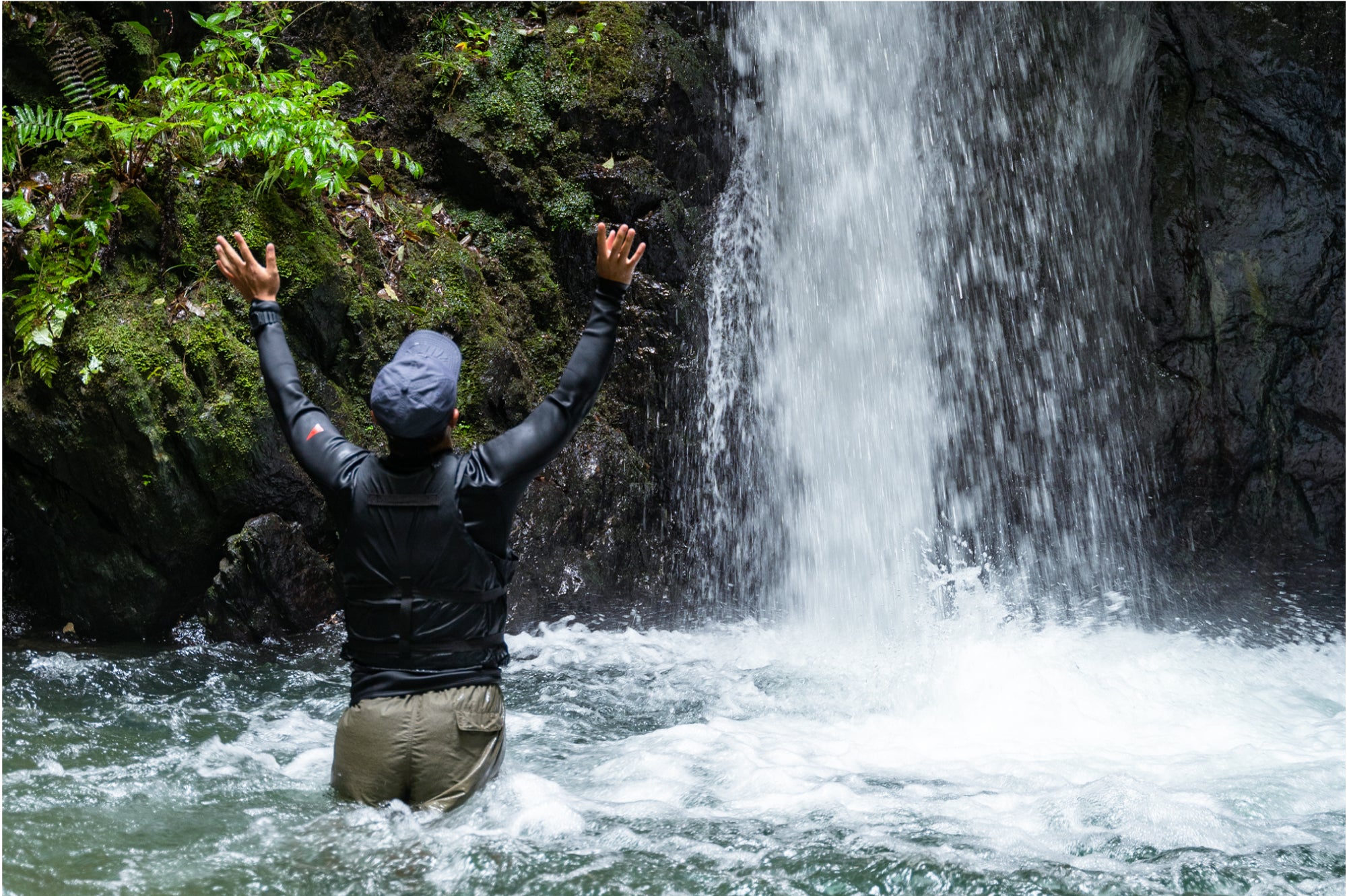
Q: What are your goals for the adventure travel business?
Our goal for the adventure travel business is to first become listed on Tokyo Yamagata DMC Co., Ltd. We will create a listed company in a new industry from the countryside outside of Tokyo's 23 wards. What we have been doing up until now is solving regional issues through business. Regarding adventure travel, we will also discuss the bottlenecks in the tourism industry and the lack of guides of international standards. Furthermore, adventure travel tour development is also underway on the Tokyo side. We will sell in Tokyo, which is the largest market. We will create an adventure travel industry and revitalize the region. We will continue to strive for this goal every day. We will increase the number of people related to Mt. Tokyo from both inside and outside Japan.
Q: What kind of area do you want the Tokyo Mountain side to be?
Through the various projects I carry out on the Tokyo side, I would like many people to learn about the wonders of my hometown. It may be a bit cheeky, but I want to protect the values of the Tokyo mountain side where I was born. I would like to shine a light on senior local volunteers, Geo-no-kai, Satoyama volunteers, hunting clubs, fishermen's associations, etc., and share their coolness with the world. If the number of entrepreneurs and immigrants with a love for the area increases in the Tokyo mountain side, where history and culture, natural experiences, and demonstration experiments are possible even though it is in Tokyo, a ``Tokyo mountain side culture'' that can be proud of to the world will be born.

師岡 龍也
たっちゃん
1992年5月28日生まれ、東京都あきる野市出身。
猟友会会長の祖父から影響を受け、幼いころから自然環境に対して興味を持つ。地域に国際基準のLeave No Trace(LNT)トレーナーを増やし、東京山側のLNTを牽引する。地域都立高校アウトドアコースへ年間授業も行う。本質的な地域課題を見つけ、ビジネスで解決する仕組みを作り、東京山側モデルの完成を目指す。世界や地域で活躍する人材を育成して、地域課題や困っている人を1人でも多く笑顔にする。

 WEA(COL)アウトドアリーダー資格
IELTS5.0
空手3段
SNS
WEA(COL)アウトドアリーダー資格
IELTS5.0
空手3段
SNS
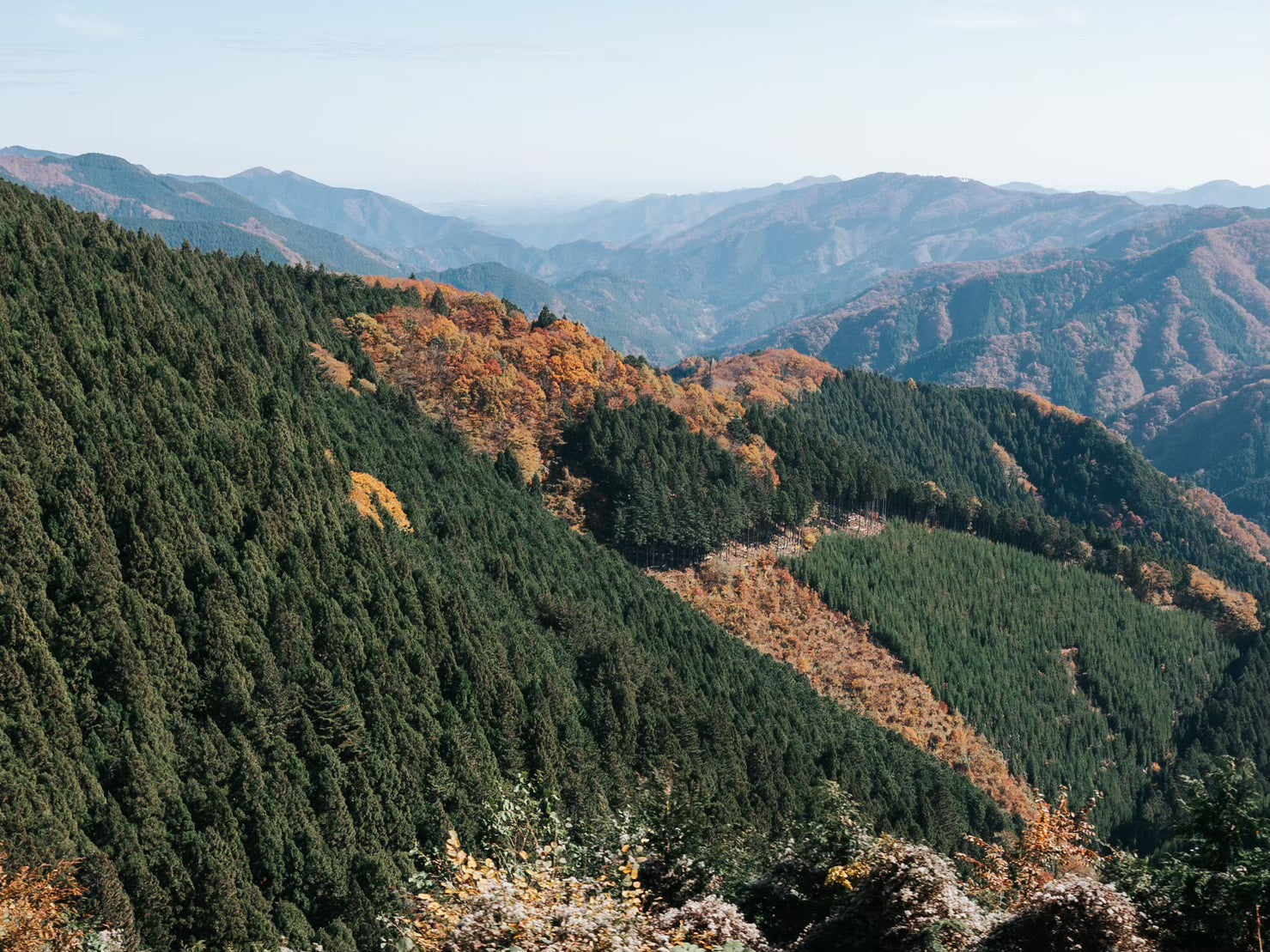
Add a title or tagline
Use this text to describe products, share details on availability and style, etc


